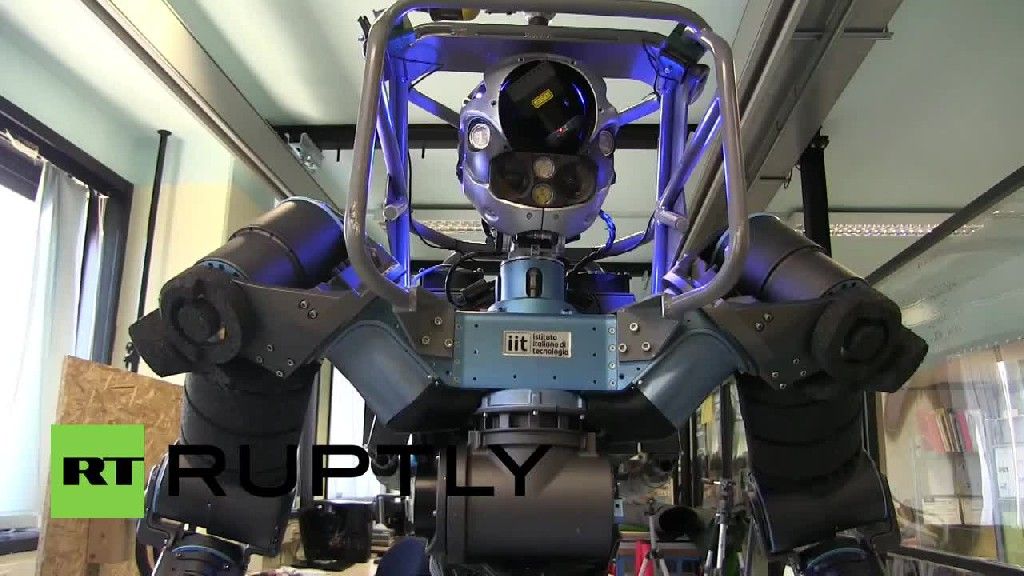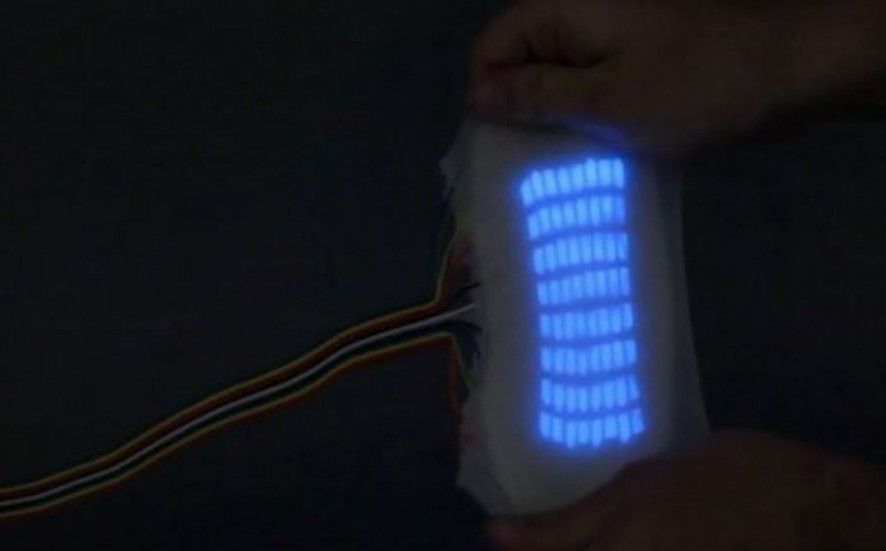Google’s VP Vint Cerf states in the future that “The brain will be digitally altered by software”.
Considered one of the fathers of Internet, renowned in the computer industry, awarded with the highest award of US government, co-creator of TCP/IP internet and current vice president of Google, the Phd Vint Cerf emerges as one of the most authoritative voices in the world to reflect on new technologies around the world.
The computing Scientific who the United States commissioned along with Bob Khan the creation of a network protocol that will interconnect computers in 1973 in the age of cold war who at the age of 20 will work on F-1 engines used as propellant rocket of Saturn V rocket that “visited” the moon, apart from his academic skills, he can be characterized as a very simple person having fine and good sense of humor and very elegant, like someone from an European royalty party, definitely a different personality and image projecting into the collective imagination a professional of his career.
Reflections about internet of things, the possibility of extraterrestrial life, scanning the brain, space internet and even the possibility that humans can communicate with animals were the subjects Cerf answered who recently toured South America sharing time with inhabitants of end of the world.
Continue reading “‘Internet pioneer’: Interview With Google Vice President Vint Cerf” »















